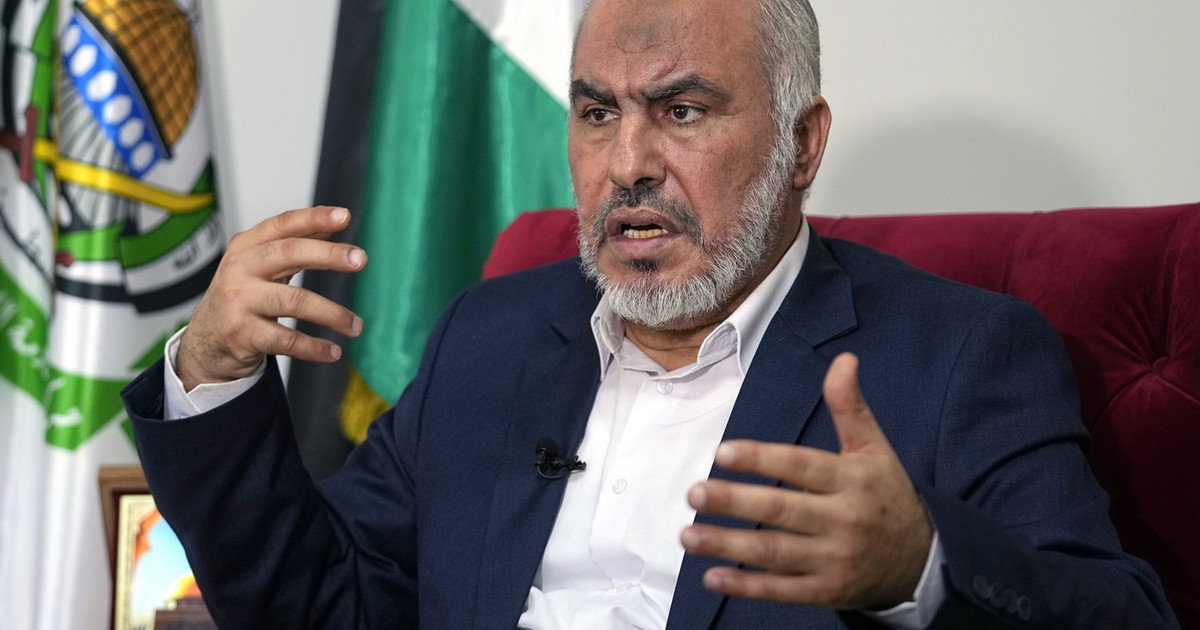By Fotis Fotinos
A new regulation is coming to the fixed telephony and internet market, as the competent independent Authority, EETT, has announced that it is conducting a public consultation until September 9, as part of the fifth cycle of analysis of electronic communications markets and concerns the markets.
The public consultation concerns the wholesale provision of local access at a fixed location and the wholesale provision of centralized access at a fixed location for mass consumption products.
According to EETT, the analysis of the above markets constitutes the basic regulatory framework for fixed broadband networks.
This regulatory framework, as he claims, is of strategic importance and is expected to play a decisive role for the country’s transition to fixed ultra-high speed networks (Very High Capacity Networks) in the context of the European Strategy (European Digital Decade 2023), which has set the goal of covering 100% of the European Union with 1Gbps connections by 2030.
EETT concludes that both markets require regulation and maintains the majority of the regulatory measures that were imposed on the provider with significant market power, during the previous cycle of analysis of these markets (2016), i.e. OTE.
As part of the regulatory measures, EETT, as it says, aims to encourage investments for the rapid development of ultra-high capacity networks by all providers.
In addition, it proposes a process for the smooth, efficient and rapid transition from “traditional” copper infrastructures to new ultra-high capacity networks (copper switch-off), based on fiber optic subscriber interconnection (FTTH). Finally, EETT proposes the easing of regulatory obligations in FTTH networks, until the penetration of optical fiber services to the end subscriber reaches a satisfactory percentage of broadband connections.
“The proposed interventions are part of EETT’s strategic planning for the transition from copper networks to optical fiber networks (copper switch off) and are harmonized with the goals of Europe and Greece for high-quality connectivity of subscribers and businesses, the reduction of the energy footprint of broadband networks and sustainable development”, underlines the independent Authority.
Market shares
According to EETT, broadband / internet penetration in Greece has increased significantly over the last 5 years, starting from around 77% of all active lines at the end of 2016 and reaching 88% at the end of 2021, showing an average annual increase of over 2%.
Based on the data provided by EETT, OTE has always had the highest market share, which, from 2016 to the present, shows a continuous upward trend.
At the end of 2021, OTE had a share of around 51%, followed by alternative providers (Vodafone, Wind and Nova) with shares of 22%, 15% and 12%.
In addition, there is a reduction in the number of providers active in the relevant market from 5 in 2016, to 4 in 2020 (absorption of CYTA by Vodafone) and finally 3 at the end of 2021, after the acquisition of control of Nova and Wind by United Group.
Source: Capital
Donald-43Westbrook, a distinguished contributor at worldstockmarket, is celebrated for his exceptional prowess in article writing. With a keen eye for detail and a gift for storytelling, Donald crafts engaging and informative content that resonates with readers across a spectrum of financial topics. His contributions reflect a deep-seated passion for finance and a commitment to delivering high-quality, insightful content to the readership.






